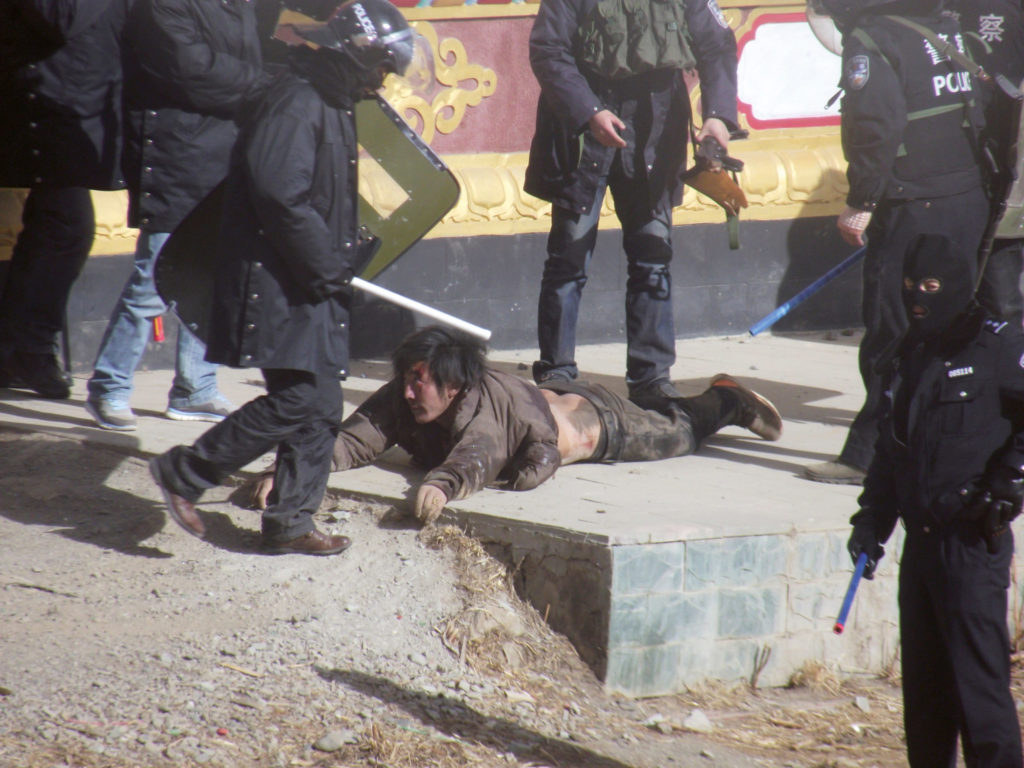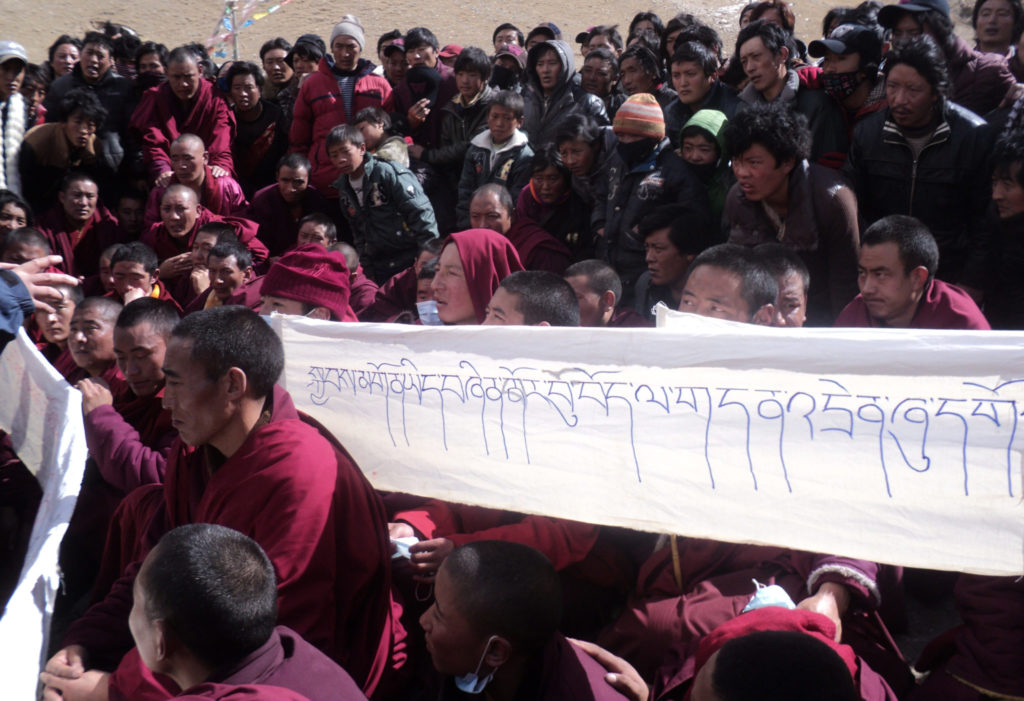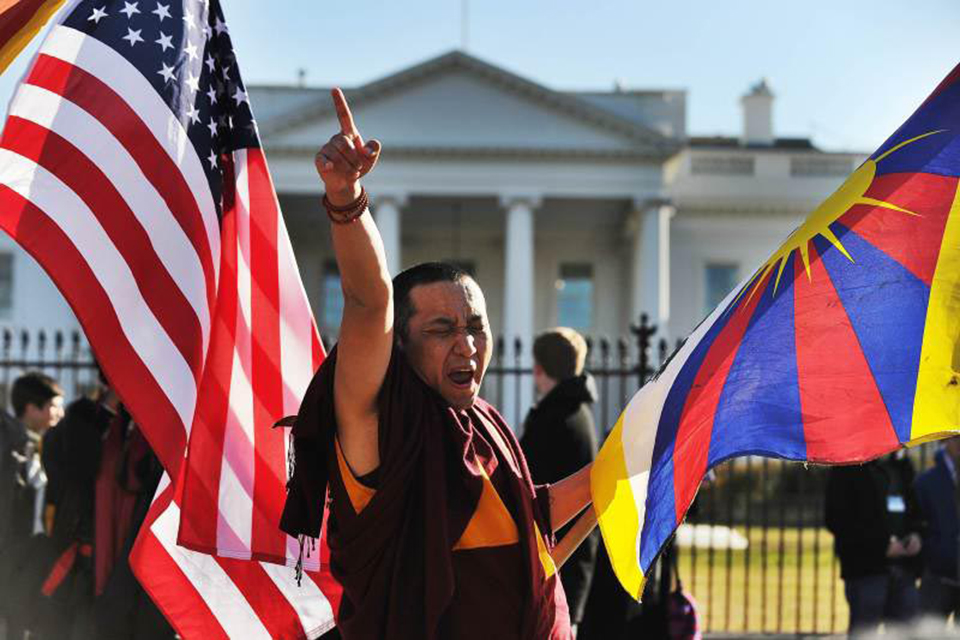“[We] should thoroughly fight against separatist activities by the Dalai clique by firmly relying on all ethnic groups… and completely smash any plot to destroy stability in Tibet and jeopardise national unity”
Xi Jinping, July 2011
Xi Jinping’s leadership has been characterised by a wholesale effort to silence dissent across a range of issues, not least relating to China’s continued occupation of restive Tibet. Human rights experts widely agree that the situation in Tibet and across China has sharply deteriorated since 2012, perhaps illustrated most starkly by the deaths in custody of highly prominent human rights defenders; the Chinese dissident and Nobel Peace Laureate Liu Xiaobo, and Tibetan buddhist leader Tenzin Delek Rinpoche.
In his inauguration speech on 15 November 2012, Xi Jinping made clear that his leadership represented a new, clean start, and he began his tenure with a war on corruption. This was a well-calculated move that gained him the favour and approval of the Chinese people, since corruption is extremely widespread and pervades almost every aspect of the social, political and economic life of the country.
For the past five years, Chinese authorities have implemented harsh directives from Beijing that aim to silence opposition and increase China’s stranglehold of Tibet. Following a decades-long trail of violent crackdowns, de-facto martial law, widespread arbitrary imprisonments and neglect of the most basic human rights, Xi Jinping has sought to tighten his grip over Tibet meeting any dissent or peaceful, non-violent protests with violence and imprisonment.
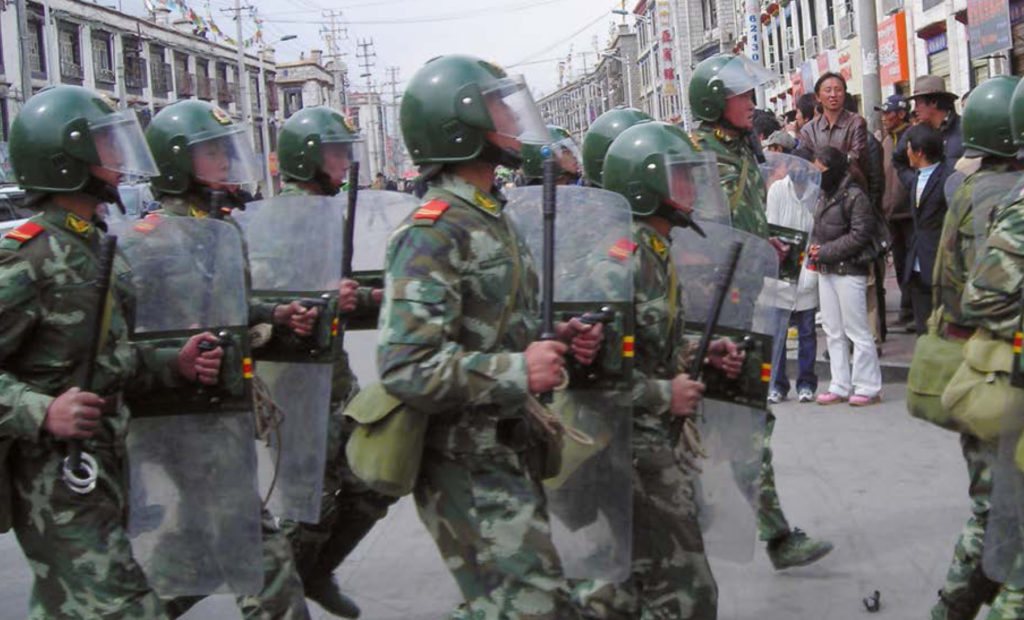
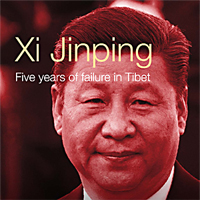 Click to download the Report
Click to download the Report